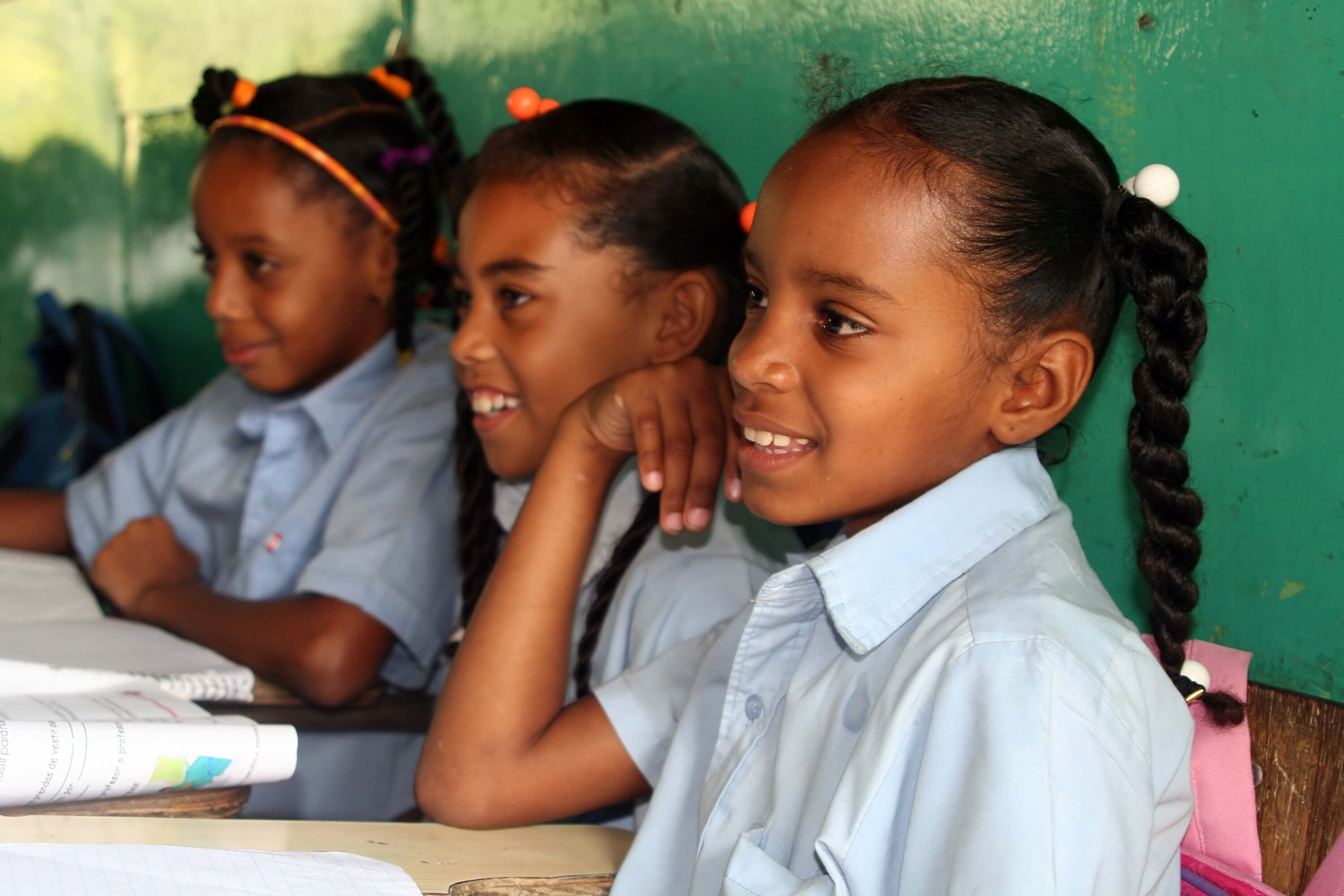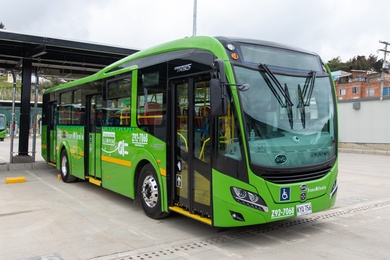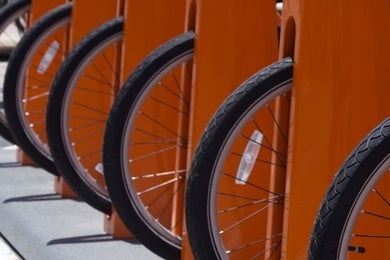Can Digital Credit Boost E-commerce among MSMEs?

One of the biggest challenges facing Latin American and Caribbean (LAC) economies is the incorporation of micro, small and medium enterprises (MSMEs) into e-commerce. So-called “digital credit” may offer a solution.
While 99% of firms in the region are MSMEs, which generate 60% of jobs and 40% of GDP, they receive less than 15% of business credit and only 1% participate in e-commerce.
The economic impact of the pandemic has heightened these problems. Most of these businesses faced stark drops in demand for their products, many were forced to halt operations, and despite public policies implemented to alleviate this situation, their access to credit was also affected. Many MSMEs did not make it.
At the same time, the pandemic has also created new opportunities, leading many companies to seek new online sales channels and use e-commerce to survive. While the number of digital transactions through Mercado Libre (MELI), the region’s main e-commerce platform, had already been growing significantly pre-pandemic, they reached US$50 billion in 2020, a 75% increase over 2019.
For consumers, e-commerce can increase competition, facilitate price comparisons, expand the variety of products available, and save time. Businesses can also benefit from reduced costs, greater efficiency, and access to new clients. Additionally, digital payments allow for greater traceability of business operations, making monetary transactions more secure, reducing informality, and facilitating tax collection.
To promote greater uptake of e-commerce among MSMEs, it is important to understand the barriers that hinder their participation in the first place. These include persistent digital gap problems (lack of internet connectivity, computers, and human resources with digital skills), informality, limited financial literacy, and underdeveloped logistics channels, among others. Insufficient access to financing can also make it difficult for MSMEs to “go digital” and reduce their capacity to grow online sales.
The Case of Mercado Crédito in Argentina
IDB Invest, together with MELI, carried out a study to understand how access to financing can affect the level of MSME participation in e-commerce. MELI provides an ideal setting for exploring this question since it offers credit to companies who operate within its ecosystem through Mercado Crédito.
Mercado Crédito is an innovative platform that offers consumer loans and working capital loans to MSMEs that sell through MELI or process their sales through Mercado Pago (MELI’s payment platform). It aims to make access to financing simple, flexible, and tailored to clients’ needs, reaching people and businesses that are underserved or unserved by the traditional financial system.
The online loan application is user-friendly: it does not require additional documentation and loans are granted instantaneously. Loan terms are flexible, as the seller can select the desired credit amount and repayment schedule, which will be deducted from their future sales on the platform.
As of the end of 2020, Mercado Crédito had provided 3.5 million loans totaling over $2.7 billion to more than 1 million MSMEs in Argentina, Brazil, and Mexico. They are mostly working capital loans with an average size of $450 and repayment period of 11 months.
Sales Increase for Firms that Received Credit
Companies that did receive the credit increased their quarterly sales through MELI platforms for six months—by 34% on average during the first quarter and by 26% in the following quarter—compared to similar companies that did not receive the credit. In dollar terms, the average seller who received the credit sold about AR$376,000 more (nearly $4,300) over a six-month period than they would have sold without it.
This effect was also clear in the months following the implementation of pandemic lockdowns and social distancing measures in Argentina: the quarterly sales of MSMEs receiving the credit in the second quarter of 2020 within the MELI ecosystem were 55% higher than those that did not receive credit, and 36% higher in the following quarter.
These results show that the effect of credit on MSME digital sales within the MELI ecosystem lasts up to six months, with firms then returning to their average sales levels. This is in line with the type of short-term working capital loans offered by Mercado Crédito.
Leveraging a fintech company and an e-commerce platform can help boost MSME digital sales within that ecosystem. Nonetheless, it remains to be seen how more MSMEs can pursue a digital transformation to reap the rewards of e-commerce. The challenges are big, but so are the benefits, especially in a post-pandemic world where e-commerce will likely be here to stay.
(Gonzalo Arauz contributed to this post)
LIKE WHAT YOU JUST READ?
Subscribe to our mailing list to stay informed on the latest IDB Invest news, blog posts, upcoming events, and to learn more about specific areas of interest.
Subscribe


